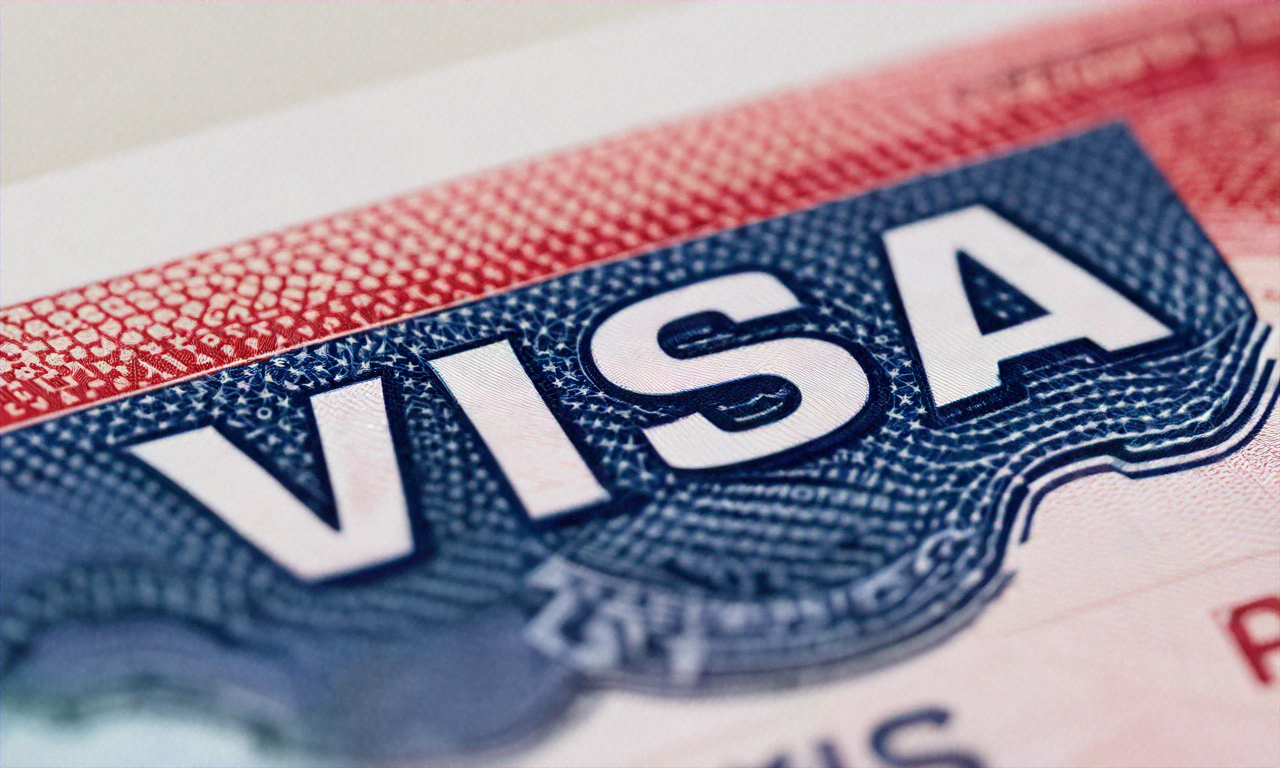Everything You Need to Know About Islamic Home Financing
Looking to buy a home while adhering to Islamic finance principles? This complete guide covers everything you need to know about Islamic home financing, including the types of Sharia-compliant financing available, key requirements, common terms, and tips for choosing the best option. Learn how to navigate the process confidently while avoiding interest-based loans and ensuring your investment aligns with your values.

Types of Islamic Home Financing and How They Work
Islamic home financing comes in several forms, each structured to comply with Sharia principles that prohibit interest while allowing financial institutions to make a profit. The most common types include Murabaha, Ijara, and Musharaka. In Murabaha financing, the bank purchases the property at market price and resells it to the buyer at a marked-up price, with payments made in installments over time. This markup is predetermined and fixed, distinguishing it from interest that compounds over time. Ijara works as a lease-to-own arrangement where the bank buys the property and leases it to the homebuyer, who gradually purchases ownership shares until they own the home outright. Musharaka is a partnership structure where both the financial institution and the homebuyer jointly own the property, with the homebuyer gradually buying out the institution’s share over time.
Key Requirements to Qualify for Sharia-Compliant Loans
Qualifying for Islamic home financing involves both standard financial assessment and Sharia-specific considerations. Financial institutions typically evaluate credit history, income stability, employment history, and debt-to-income ratio—similar to conventional mortgages. However, Islamic lenders will also ensure the property meets Sharia standards, meaning it cannot be used for prohibited activities like gambling or selling alcohol. Documentation requirements generally include proof of income, tax returns for the past two years, bank statements, and employment verification. Additionally, some Islamic financial institutions may require a higher down payment, often ranging from 15-25% of the property’s value, compared to conventional mortgages that might accept as little as 3-5% down.
Understanding Common Terms Like Murabaha, Ijara, and Musharaka
Murabaha is often described as a “cost-plus” transaction where the financial institution buys the property and immediately sells it to the homebuyer at a markup. The markup represents the institution’s profit and is clearly disclosed upfront. Ijara translates to “lease” or “rent” in Arabic and functions as a lease-to-own arrangement. During the lease period, the financial institution retains ownership while the homebuyer makes payments that include both rent for using the property and an additional amount toward eventually owning it. Musharaka means “partnership” and represents a diminishing partnership arrangement. The homebuyer and financial institution begin as co-owners, with the homebuyer gradually increasing their ownership percentage through regular payments. Each payment includes rent for the institution’s share of the property and an amount toward purchasing additional ownership.
Tips for Comparing Different Islamic Financing Options
When evaluating Islamic home financing options, consider several key factors beyond just the equivalent rate. First, examine the contract structure and ensure it truly complies with Sharia principles—some products marketed as “Islamic” may contain hidden interest elements. Compare the overall cost of financing, including any fees, closing costs, and the markup or rent rates being charged. Ask about early payment options and whether there are penalties for paying off the financing ahead of schedule. The level of transparency is crucial; reputable Islamic financial institutions clearly explain all terms and conditions without hidden clauses. Additionally, inquire about how the institution handles cases of financial hardship, as Islamic principles encourage leniency and compassion toward borrowers facing difficulties.
How to Plan Your Budget While Staying Compliant with Islamic Principles
Budgeting for Islamic home financing requires careful financial planning that aligns with both practical financial needs and Islamic ethical principles. Start by determining an affordable monthly payment that allows you to maintain financial stability. Islamic financial ethics discourage taking on excessive debt that might lead to hardship. Consider creating an emergency fund covering 3-6 months of expenses before committing to home financing, ensuring you can meet obligations even during unexpected circumstances. When calculating affordability, factor in property taxes, insurance, maintenance costs, and homeowner association fees alongside your financing payments. Some Islamic scholars recommend keeping total housing costs below 30-35% of your monthly income to prevent financial strain. Islamic finance also emphasizes living within your means, so choosing a modest home that meets your needs without excessive luxury aligns well with these principles.
Islamic Home Financing Providers and Options Comparison
When considering Islamic home financing, comparing available options helps you make an informed decision that meets both your financial needs and religious requirements. Several financial institutions in different countries offer Sharia-compliant home financing products with varying terms and structures.
| Financial Institution | Financing Type | Minimum Down Payment | Notable Features |
|---|---|---|---|
| Guidance Residential | Musharaka | 15-20% | Co-ownership model, available in most U.S. states |
| UIF Corporation | Murabaha | 15-20% | Fixed payment schedule, no balloon payments |
| Amanah Finance | Ijara | 20-25% | Lease-to-own structure, flexible payment options |
| LARIBA | Murabaha | 20% | No additional fees for early payoff |
| Al Rayan Bank (UK) | Ijara/Diminishing Musharaka | 20-35% | Available for residential and investment properties |
Prices, rates, or cost estimates mentioned in this article are based on the latest available information but may change over time. Independent research is advised before making financial decisions.
Islamic home financing provides Muslims with viable pathways to homeownership while adhering to their religious principles. By understanding the different types of financing available, qualifying requirements, key terminology, and comparison strategies, potential homebuyers can navigate their options effectively. The growing availability of Islamic financing products in many countries demonstrates increasing recognition of these alternative financing methods. Whether choosing Murabaha, Ijara, or Musharaka financing, careful planning and thorough research will help ensure that your home purchase aligns with both your financial capabilities and religious values.




